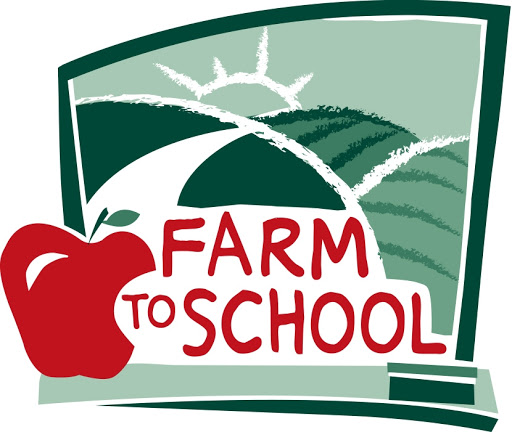
Farm-to-School (F2S) programs are supported by a variety of organizations including the USDA and the National Farm to School Network. F2S is broadly defined as program initiatives that enrich the connection communities have with fresh, healthy food and local food producers by changing food purchasing and educational practices at schools. Some common examples of F2S programming include school gardens, local food options in the cafeteria, and field trips to a local farm. The nature of these programs and the flexibility given to schools in implementing them makes it difficult to accurately assess their effectiveness; the first systematic review of F2S related activities was recently published in 2019. In 2015, the USDA ran a census in which participating schools were assessed for their involvement in F2S programming, and the magnitude in which they were implementing these programs. In this census report, schools were able to decide what they considered to be “local.” School districts in more rural areas may consider local foods to be grown within the region, while urban areas may consider local foods to be within 50-100 miles since they do not have access to large-scale farmland. While F2S is beneficial at all grade levels, it is arguably most important at a young age, especially grades K-5. During this developmental period, it is important for children to be exposed to healthy eating habits and prevent risk of obesity and other health issues once they are older. However, it is important that obesity is not the main motivation behind F2S programs. Overall, the purpose of F2S is to provide pathways for people to support local farms and make healthy decisions for generations to come.
I hadn’t heard of Farm to School programs until this class, so I appreciated learning more about them. It’s heartening to see how widespread these programs are and how interdisciplinary/cooperation based they are. Pennsylvania’s grouping of PA school districts, the USDA, the PA Department of Health, and more seems like a great way to make sure that the program is comprehensive and well-supported. I also really liked the format of your podcast – I think the back-and-forth conversation made it more engaging for listeners.
You guys did an amazing job with this podcast! It’s so cool to see the efforts that are being taken right here in Pennsylvania, especially since you have first-hand experience with the farm-to-school programs at your high school! The podcast was very informative, very well researched, and I learned a lot from it. The conversational aspect of your podcast really helped break up the information and made it easier to digest. Great job!
I loved this podcast! I thought it was very well done and very informational. I was in the group that was really stressing the idea of pairing education with food so it was nice to learn about the background of the idea. It was really encouraging to hear that people in positions of power are aware of the systemic issues that our food system are built upon and are motivated to rectify those issues and create more equitable food spaces. I especially appreciated her speech as she sounded quite passionate so it makes me feel like these are issues that are being brought forward and not swept under the rug.
This podcast was very well done! I really liked the conversation format of it because it made it easier to listen to and broke it down into more easily digestable segments. I learned a lot about Farm to School Programs, which I hadn’t known about before. It was also really interesting to hear the first hand experiences/thoughts on the program and what it is like from the students’ perspective.